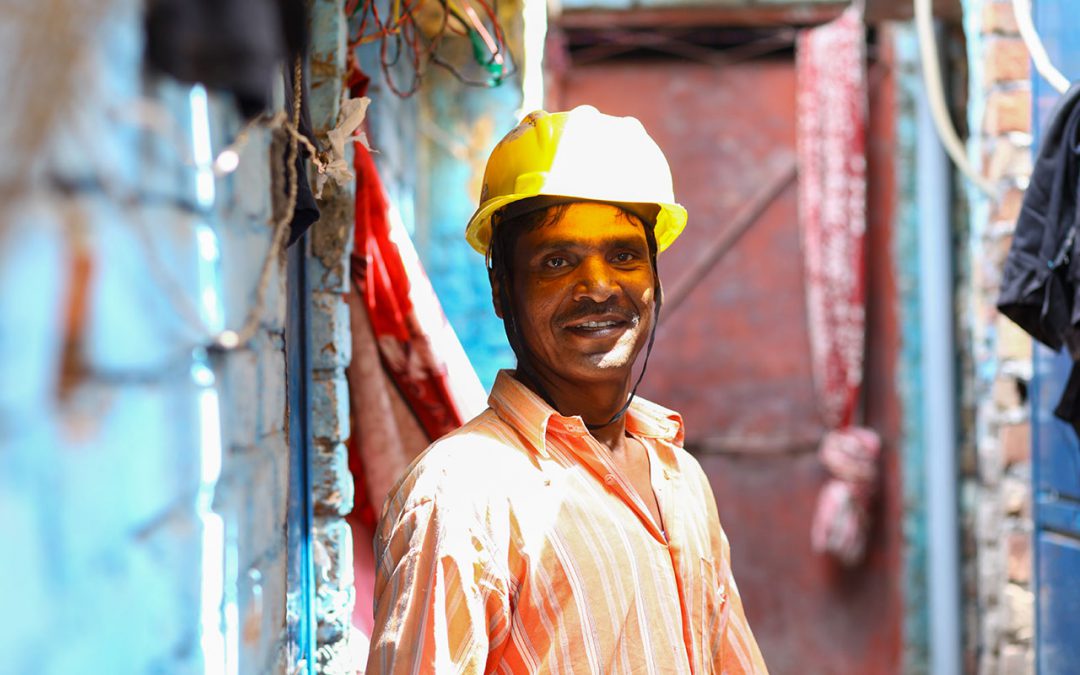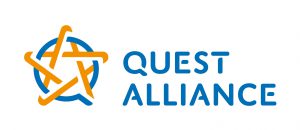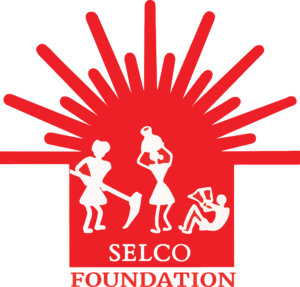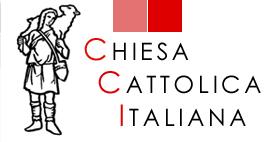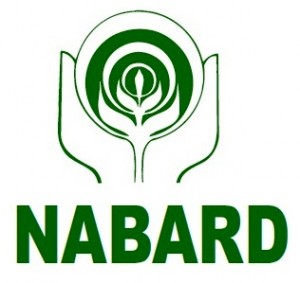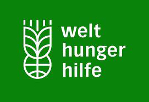The central belief of the Samaveshi Sheher (Inclusive Cities) programme has been that the “cities must promote for all its residents, equal access to housing facilities, civic amenities, services and opportunities for leading lives of dignity.” Operating under the bigger goal of “improving the quality of life of urban poor residents and informal sector workers by strengthening their identity as residents and workers, through facilitation of democratic participation in urban governance, livelihood enhancement and advocacy”, the project reaches out to more than 30, 000 urban poor residents, in 168 slum settlements/ communities through the dialogue between the poor people’s collectives and the state/ authorities.
In the ongoing phase of Samaveshi Sheher (Inclusive Cities), IGSSS has expanded its outreach sequentially to a right mix of 25 cities in 7 states. Apart from the geographical expansion, programmatically the poor are viewed as ‘unorganized’ or ‘informal’ sector workers. Among them, women workers are sharply focused as in the categories like domestic workers, transit labourers or sex-workers. As a departure from the earlier intervention approaches, collectivization of workers and slum-dwellers has been the principal strategy of the Samaveshi Sheher approach and urban poor’s vulnerability has been mapped and defined in terms of residential, occupational and social vulnerability.
The cornerstone of Samaveshi Sheher intervention is the formation, capacity building and strengthening of community based organizations (CBOs). The strengthened CBOs in intervention areas are the ones leading local community level and city level initiatives and engaging with the urban local governance mechanisms to improve the situations in their community.
Key Achievements:
- The project has helped towards building the capacities of CBOs to understand their needs, prioritize them and engage with the duty bearers to demand their rights. The now confident community collectives are regularly organizing Interface workshops and meetings with various prominent stakeholders and representatives from Labour Department, Election Department, Supply Office, the Urban Local Bodies (ULBs) and the police department across all cities. Such events are contributing largely towards the acceleration of the advocacy processes in the project area on issues related to Domestic Workers, basic amenities in slums, social security entitlements, NULM shelter guidelines, identity cards for waste pickers, market for street vendors and construction workers in Vijayawada, prevention of children from sexual abuse for homeless children in Mumbai, re-enrollment of dropouts in Jamshedpur, designation of two transit shelters exclusively for women and operationalization of two shelters being some examples.
- Another major highlight of the project has been the infrastructural developments in communities across all project cities. Gains in infrastructural developments like – Individual household toilets, Waste Disposal Systems, Drinking water points etc. CBOs are supporting urban poor to access a wide variety of residential and occupational rights and services. The target slum households also have benefitted from access to entitlements, these include pension schemes, labor cards, benefit from minimum wages act, housing schemes, Identity cards (voter, Adhar card, street vendor card); CBOs facilitated access for families to common civic amenities such as water, sanitation, health, transport, education across slums.
- For the betterment of income and financial marginalization, the project intervention has provided opportunities for advancement in their employment. These include advanced skilling for women masons, handling of household appliances and soft skills for domestic workers, advanced solid waste management skills to waste picker are a few examples that Samaveshi Sheher has facilitated for the urban poor constituencies.

